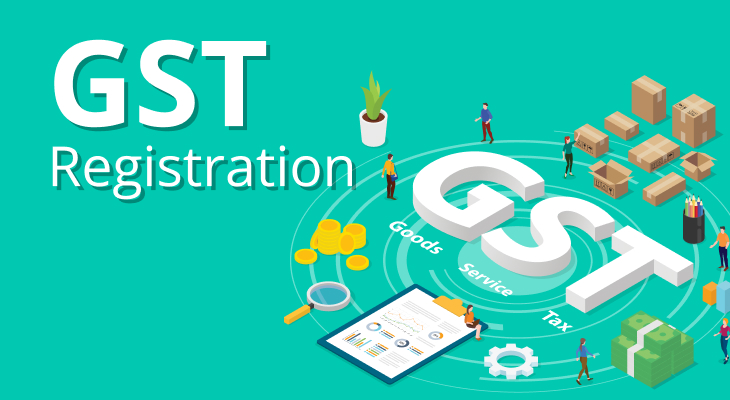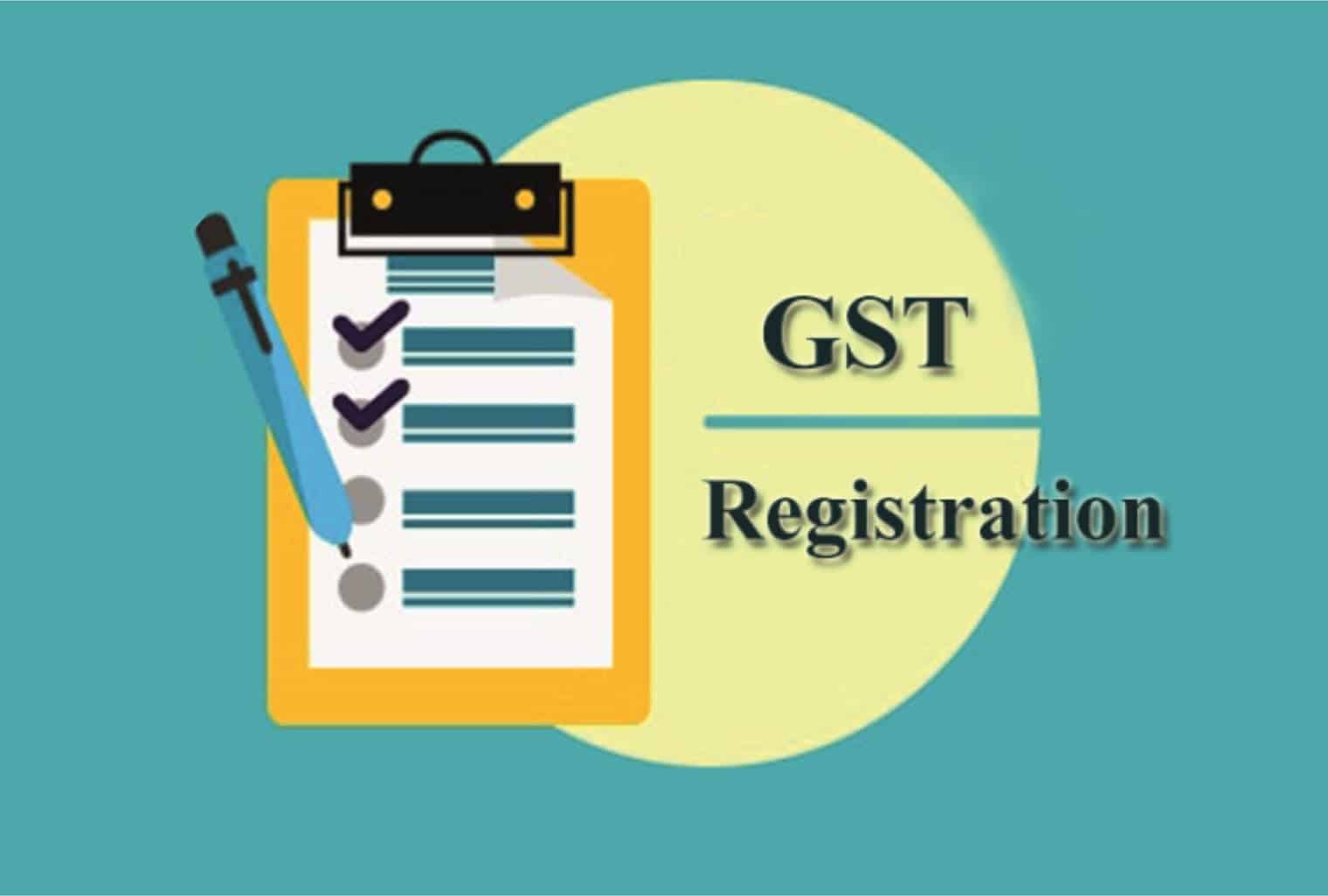Comprehensive Guide to the most effective GST Registration Services in Singapore
Comprehensive Guide to the most effective GST Registration Services in Singapore
Blog Article
From Beginning To End: The Ultimate Roadmap to GST Enrollment for Services Seeking Financial Stability
Navigating the complexities of Product and Services Tax Obligation (GST) enrollment is an essential action for services making every effort for monetary security. Breaking down the roadmap into manageable steps can simplify the registration journey for services looking to improve their monetary standing.
Understanding GST Essentials
Exploring the fundamental principles of Goods and Provider Tax (GST) is necessary for getting a detailed understanding of its implications on companies and the economic climate. GST is a value-added tax levied on the majority of items and services for domestic intake. It has changed multiple indirect taxes that existed in the pre-GST age, enhancing the tax obligation framework and improving convenience of doing company in India. Under the GST system, both solutions and items are exhausted at a certain rate, which is determined based on their category. If their yearly turn over exceeds the threshold restriction established by the government, companies are required to register for GST. Input Tax Credit History (ITC) is a significant feature of GST, enabling services to declare credit score for taxes paid on inputs, decreasing the overall tax obligation burden. Comprehending the basics of GST is vital for companies to adhere to tax obligation regulations, manage their funds efficiently, and contribute to the country's economic growth by taking part in a clear tax obligation system.
Qualification Standards for Enrollment
To sign up for GST, services need to meet details qualification requirements established by the government. The primary qualification requirement is that any kind of organization involved in the supply of goods or solutions with a yearly aggregate turn over over the threshold limitation set by the authorities must register for GST. Since the existing laws, the threshold restriction for GST enrollment is a yearly aggregate turnover of 40 lakhs for businesses running within a state, other than for unique classification states where the limit is 20 lakhs. Furthermore, certain businesses are required to register for GST regardless of their turnover, such as interstate providers, informal taxable persons, and companies responsible to pay tax under the reverse charge system. It is vital for organizations to thoroughly evaluate their turn over and deal kinds to establish their GST registration responsibilities properly. Failing to register for GST when eligible can cause charges and lawful effects, making it necessary for businesses to comply with the defined qualification requirements.
Papers Needed for Registration
Having actually fulfilled the eligibility criteria for GST registration, organizations must now ensure they have the requisite documents in position to proceed with the enrollment procedure effectively. The documents needed for GST enrollment typically include proof of organization constitution, such as partnership action, enrollment certificate, or consolidation certificate for various kinds of companies. Furthermore, companies require to offer files developing the major workplace, such as a rental contract or electrical energy bill. PAN card of business, along with the identity and address evidence of promoters/partners/directors, are vital for confirmation functions. Bank account statements, along with canceled cheques or a copy of the bank passbook, are called for to confirm the financial information offered throughout registration. Organizations should have electronic signatures prepared for the authorized signatory. Ensuring all these files are organized and readily available will speed discover this info here up the GST enrollment process, enabling services to conform with tax laws seamlessly.
Step-by-Step Enrollment Refine
Beginning the GST registration procedure involves a series of structured steps to guarantee a smooth and compliant registration for services. The initial step is to check out the GST site and load out the enrollment type with exact information of the business entity. Following this, the applicant gets a Temporary Referral Number (TRN) which is utilized to return to the application procedure if it's not finished in one go.
Next, all called for documents as per the list given by the GST portal need to be published. These records typically consist of proof of organization identity, address and registration proofs of promoters, economic statements, and organization entity's PAN card.

Post-Registration Compliance Guidelines

Conclusion
Finally, companies seeking economic security must recognize the essentials of GST, satisfy qualification requirements, gather required records, follow the step-by-step registration process, and abide by post-registration guidelines - Best GST registration services in Singapore. By sticking to these steps, organizations can make sure conformity with tax obligation laws and maintain monetary important link stability in the future
Additionally, particular businesses are needed to register for GST regardless of their turn over, such as interstate suppliers, informal taxable persons, and companies responsible to pay tax under the reverse fee system.Having actually satisfied the qualification requirements for GST registration, organizations need to now ensure they have the requisite papers in place to proceed with the enrollment process successfully. The documents required have a peek at this site for GST registration usually consist of evidence of company constitution, such as partnership act, enrollment certification, or incorporation certificate for various kinds of services. In addition, businesses require to offer records establishing the principal place of company, such as a rental contract or electricity costs.Commencing the GST enrollment procedure includes a collection of organized actions to make certain a certified and smooth registration for businesses.
Report this page